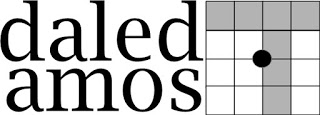
The Palestine Orchestra (later changed to the Israel Philharmonic Orchestra) was founded in 1936, and was envisioned not only as contribution to the cultural life, but also as a rescue operation for musicians persecuted by the Nazis. Arturo Toscanini conducted the first concerts — and established the orchestra’s international stature:
As a full Palestine moon rode one evening last week over Tel Aviv, exclusively Jewish city, the Hebrew Sabbath ended and thousands of Jews began to move toward the Levant Fair Grounds. There they packed the Italian Pavilion to capacity to hear great Arturo Toscanini lead Palestine’s first civic orchestra through its first performance. Sir Arthur Grenfell Wauchope, the British High Commissioner, brought with him a party of notables. Open-shirted German immigrants gathered in rowboats on the adjacent Yarkon River. A few Arab fishermen paddled quietly toward shore, listened respectfully outside the pavilion walls which are still pitted by Arab bullets.…The Palestine Symphony Orchestra now numbers 72. Germans make up about half the number, the rest are Poles and Russians. Six are natives of Palestine which has several competent music schools but welcomes the new orchestra as its only permanent symphony. So many first-desk musicians are playing in it that critics expect the Palestine Symphony to rank soon among the first four orchestras in the world…
The word “Palestinian” was as much a designation of Jews as Arabs, and so there was no reason to use the word to distinguish one group from the other.
But neither was happy with the word either.
Bernard Lewis notes that neither the Jews nor the Arabs in Palestine wanted to be associated with it:
With the British conquest in 1917-18 and the subsequent establishment of a mandated territory in the conquered areas, Palestine became the official name of a definite territory for the first time since the Middle Ages. To begin with, this designation was acceptable neither to Jews nor to Arabs. From the Jewish point of view it restored a name associated in the Jewish historic memory with the largely successful Roman attempt to destroy and obliterate the Jewish identity of the land of Israel. It was a name which had never been used in Jewish history or literature, and the very associations of which were hateful. From the outset, Jews living under the Mandate refused to use this name in Hebrew but instead used what had become the common Jewish designation of the county勇retz Yisrael, the land of Israel. After a long battle it was agreed that the official designation of the country in Hebrew on postage stamps, coins, etc., would be Palestina, transcribed into Hebrew letters but followed by the abbreviation aleph yod. For Jews, this was a common abbreviation for Eretz Yisrael. To Arabs it could be presented as standing for Eretz Ishmael, the land of Ishmael.
That explains the Hebrew on this coin from the British Mandate:
Below the name “Palestine” in Arabic and in English, there is the word Palestine in Hebrew, followed by the abbreviation in Hebrew for Eretz Yisrael, the Land of Israel. It was used on both coins and stamps.
The Jews were not the only ones who felt that way about the name Palestine:
For Arabs, too, the term Palestine was unacceptable, though for other reasons. For Muslims it was alien and irrelevant but not abhorrent in the same way as it was to Jews. The main objection for them was that it seemed to assert a separate entity which politically conscious Arabs in Palestine and elsewhere denied. For them there was no such thing as a country called Palestine. The region which the British called Palestine was merely a separated part of a larger whole. For a long time organized and articulate Arab political opinion was virtually unanimous on this point.
That larger whole was Syria.
That is why Arab historian George Antonius wrote:
Except where otherwise specified, the term Syria will be used to denote the whole of the country of that name which is now split up into the mandated territories of (French) Syria and the Lebanon and the (British) Palestine and Transjordan.
So what changed? Why do the Palestinian Arabs now call themselves Palestinians?
Again, Bernard Lewis:
With the rise and spread of pan-Arab ideologies it was as Arabs, not as south Syrians, that the Palestinians began to assert themselves. For the rest of the period of the British Mandate, and for many years after that, their organizations described themselves as Arab and expressed their national identity in Arab rather than in Palestinian or even in Syrian terms.The emergence of a distinctive Palestinian entity is thus a product of the last decades and may be seen as the joint creation of Israel and the Arab states葉he one by extruding the Arabs of Palestine, the others by refusing to accept them. According to pan-Arab or even pan-Syrian ideologies, Palestinian Arabs moving to Lebanon, Syria, or Jordan should still have been men in their own country, moving from one province to another. The bitter experience of the past twenty-seven years has shown that this is not so and, as so often before, deprivation has created a new sense of identity based on shared experience, desperation, and aspiration.
And that is born out by the following graphs:
The first graph shows the usage of the words “” and “” in books published in English from 1800 to 2008.
While the phrase “Palestinian Jew” was common from about 1825, back then the phrase “Palestinian Arab was practically unknown. That began to change around 1915 — during WWI and increased during the British Mandate and spiked following the 1967 Six Day War.
The next graph illustrates that as the phrase “Palestinian Arab” became more common, so too did the word “Palestinian” which we know today is associated with the Palestinian Arabs in particular.
The Arab world may have failed in their plan to destroy Israel, but they were uniquely successful in creating a Palestinian people.
—–
 it below. Thanks!
it below. Thanks! Technorati Tag: Israel and Gaza and Hamas and Operation Pillar of Defense.

We have lots of ideas, but we need more resources to be even more effective. Please donate today to help get the message out and to help defend Israel.

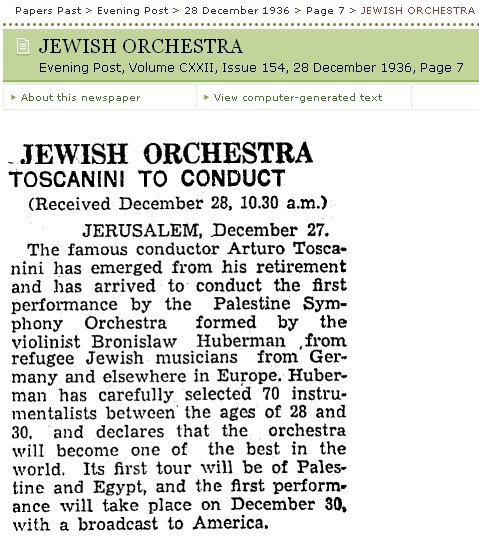
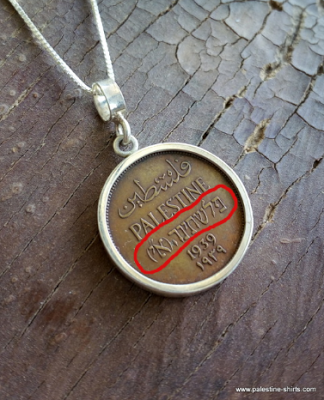
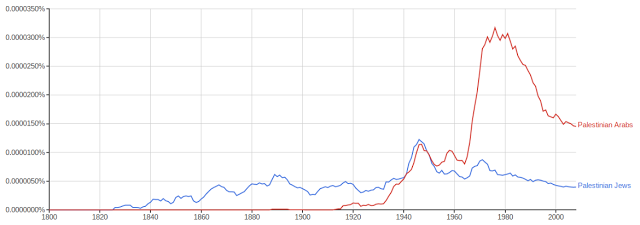
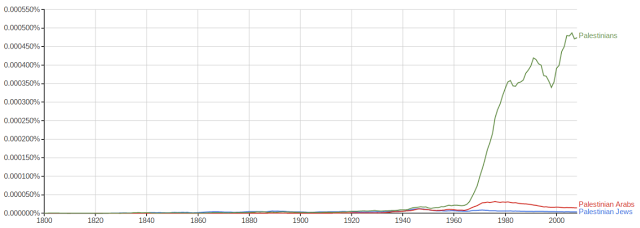
Leave a Reply